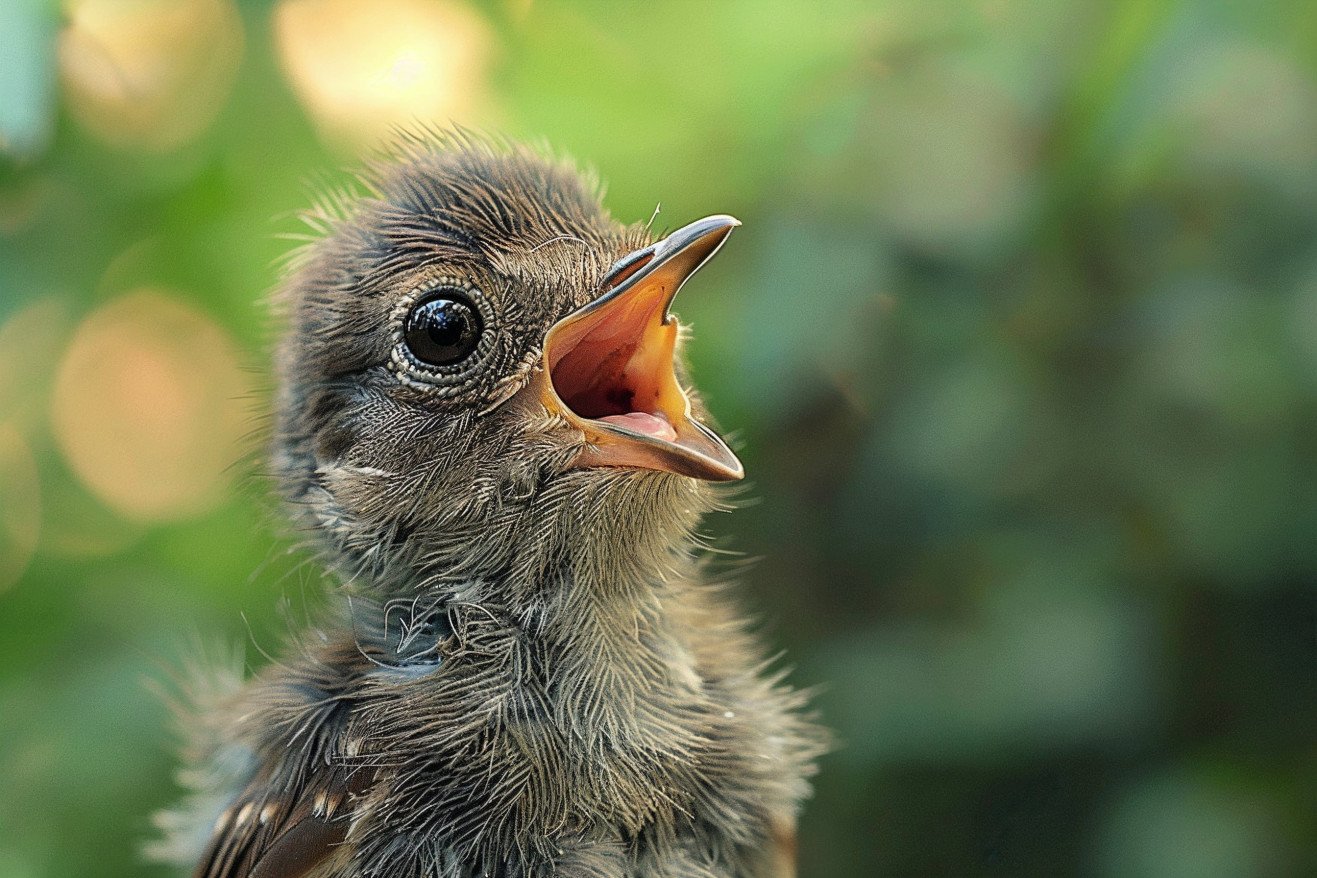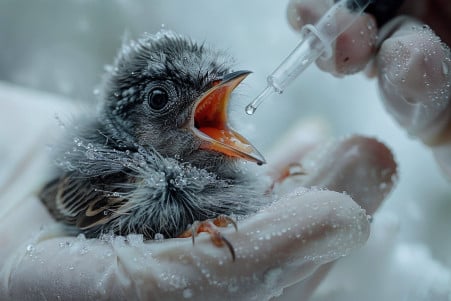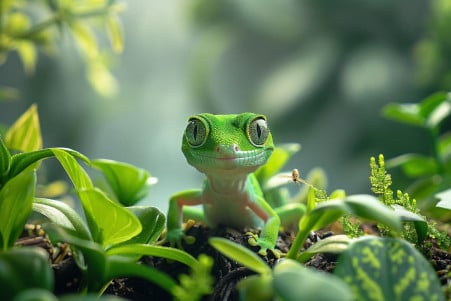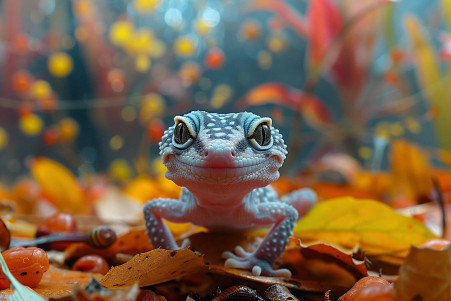What Do Baby Robins Eat? A Complete Guide to Their Diet
29 May 2024 • Updated 29 May 2024

If you've found a nest of baby robins in your backyard and want to make sure you're taking the best possible care of the little birds, one of the most important things you can learn about is their diet. Baby robins are fed a diet of insects, worms, and other invertebrates by their parents, and this diet is essential for their health and development.
In this article, we'll delve into the topic by looking at studies conducted by ornithologists, wildlife rehabilitators, and other bird experts to learn about the feeding behaviors and needs of baby robins. This line of scientific inquiry will not only tell us what the baby birds eat, but also how their diet changes from when they're first born to when they fledge. By the time we're done, you'll have a complete picture of the fragile feeding process that helps ensure the survival of these popular backyard birds.
What do baby robins eat?
The Feeding Frenzy: A Day in the Life of Baby Robins
During the first few days of life, the nestlings are completely dependent on their parents to feed them regurgitated semi-digested food, says Journey North. As the nestlings get older, the parents will start to feed them small pieces of earthworms that they've broken into smaller pieces. After that, the parents will start feeding the nestlings whole worms, large insects, and other invertebrates to keep up with their growing appetites.
Feeding is a constant, 24-hour-a-day job, with both parents working together to find food and bring it back to the nest throughout the day. As one Happy Hooligans observer notes, the parents are "flying in and out of the nest all day long bringing their babies their meals." This is important because, as Journey North notes, each nestling can eat up to 14 feet of earthworms over the course of the two weeks they spend in the nest.
Even after the babies leave the nest, the parents will continue to feed them for several days. This is because the parents will need to continue to feed their young until they've learned to forage for themselves and find their own food sources, says Birds and Blooms. This level of parental care shows how committed robin parents are to making sure their offspring survive and thrive.
From Hatchling to Fledgling: The Fast Life of a Baby Robin
Baby robins, or hatchlings, are born weighing only about 5.5 grams and with few down feathers and closed eyes, according to Facts: Baby Robins. In the next two weeks, the nestlings grow and change, putting on weight and growing feathers. Article: Baby Robins in the Nest says that by the time they leave the nest at 13 days old, they are fully grown and have their signature spotted chests.
While they are not good fliers at first, according to Baby Robin - Identification, Diet & Lifecycle, fledglings learn to fly with the help of their parents. Understanding the different phases of growth, from hatchling to fledgling, is important because it explains how a baby robin's diet changes as it grows. The nestlings' needs change as they grow, and their diet changes to meet the demands of their growth.
In the Wild: American Robin Fledglings
American Robin babies fledge at 9-16 days old, according to the American Robin Life Cycle. It takes another 10-15 days for the young birds to become strong fliers and fully independent. During this time, the babies are vulnerable to a long list of predators including crows, blue jays, snakes, chipmunks, cats, and squirrels, according to the Journey North slideshow.
The parents continue to care for and protect the babies, but they also gradually teach them to forage and find food on their own. As the Journey North slideshow notes, "Once babies fledge, both parents still feed them for a few days. Mom soon leaves to lay a new clutch of eggs. The fledglings will need to learn from other robins when Dad leaves to help with new nestlings." By the end of the summer, the young robins will be indistinguishable from the adults and will be fully capable of surviving on their own, according to the Audubon Field Guide.
How Do Baby Robins Learn to Forage?
Once they leave the nest, baby robins need to learn how to forage for food on their own. Their parents help them with this by demonstrating foraging behaviors such as looking at the ground and tilting their heads to find worms, says the Cornell Lab of Ornithology.
Robins are ground feeders and often forage by running and stopping suddenly, then hopping or taking short flights to catch insects and invertebrates, explains The Birders View. Baby robins may also learn to eat small fruits and berries. Learning these foraging behaviors is important for baby robins so that they can survive and eventually become independent of their parents.
Protecting Our Feathered Friends: How to Keep Baby Robins Safe
Baby robins are at risk from a variety of predators, including snakes, squirrels, blue jays, crows, and domestic cats, according to American Robin Help from the Expert. Nests placed in trees or shrubs are especially susceptible to attacks from these predators, as All About Birds notes.
While there are few ways to protect nests in the wild, homeowners can work to keep predators away from their yards, as outlined by the National Wildlife Federation. Keeping cats indoors, eliminating potential food sources for predators, and offering safe places for robins to nest can all help ensure that these popular birds survive. Understanding the threats that robins face is the first step in making sure that you can protect them from harm.


